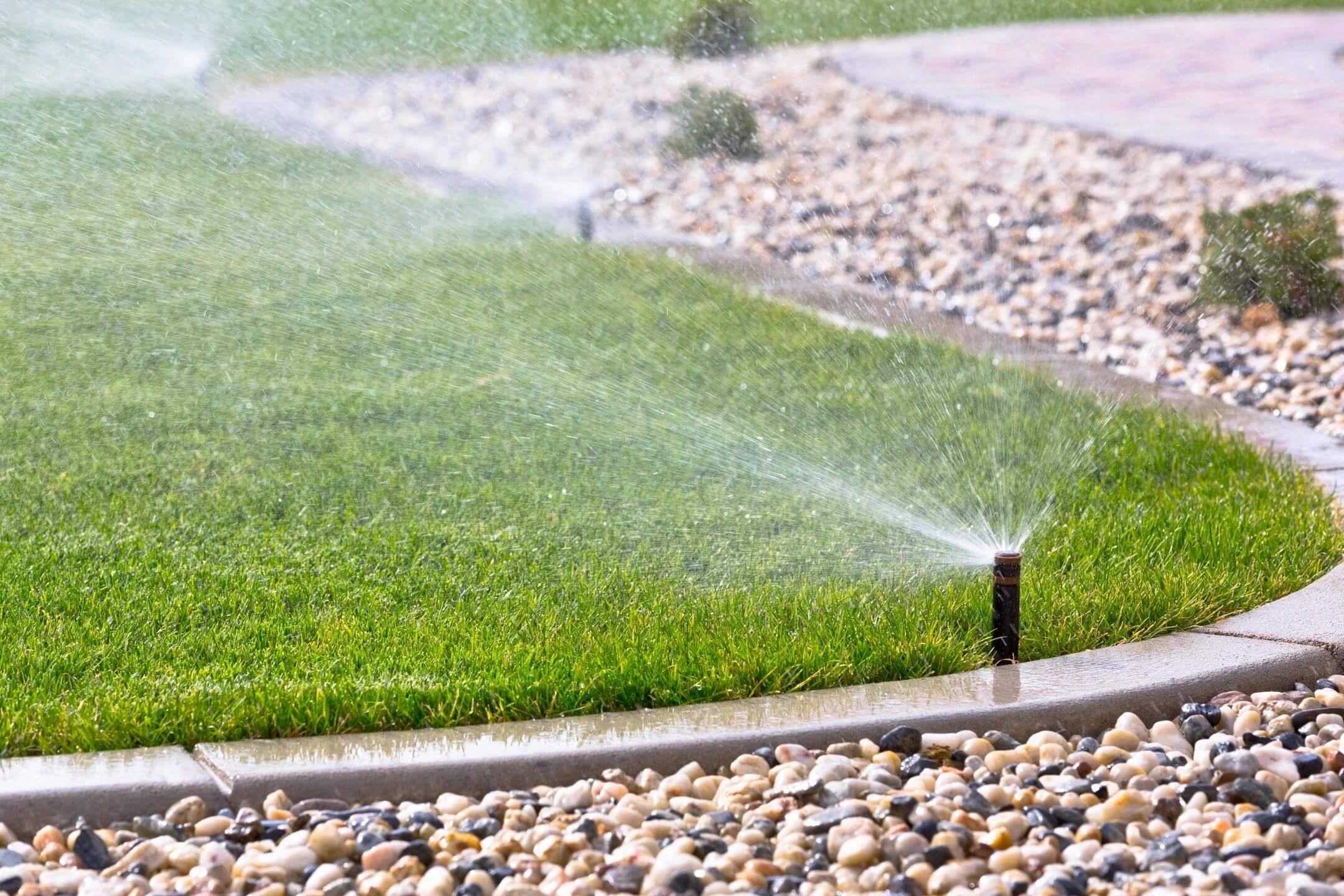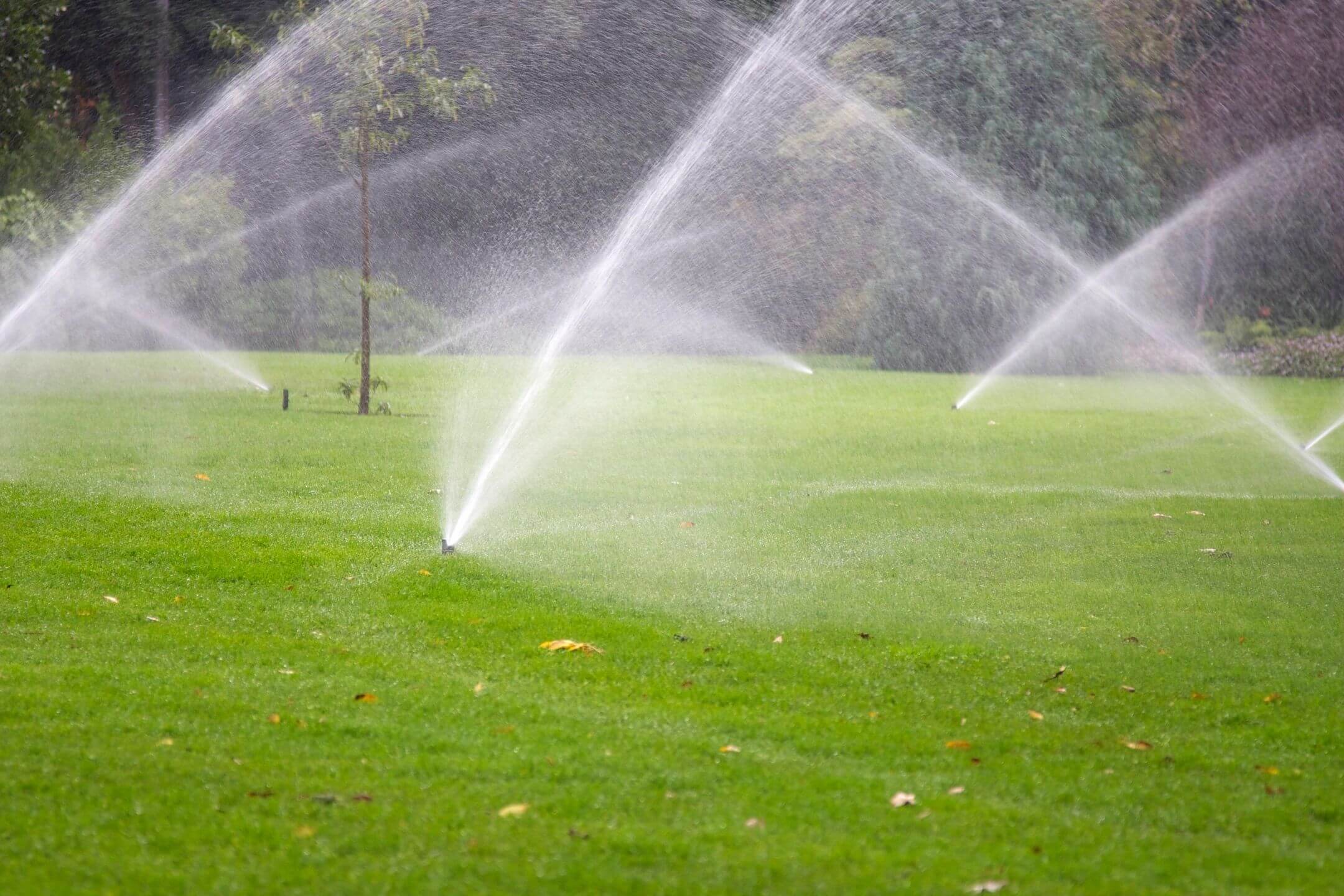Orange County, California, has implemented specific irrigation regulations to promote water conservation and ensure efficient use of resources. These regulations are designed to address drought conditions and support sustainable water management practices. One key restriction is the limitation on watering or irrigating landscaping between the hours of 9 a.m. and 5 p.m., as watering during these peak daylight hours leads to higher evaporation rates and reduced water efficiency. City of Orange, CA | Home
Additionally, the county restricts watering or irrigation of landscaping to no more than 15 minutes per day per station.This measure helps prevent overuse of water and encourages property owners to adopt efficient irrigation practices. City of Orange, CA | Home
It’s important to note that these regulations can vary slightly depending on the specific municipality within Orange County. For example, the City of Brea prohibits outdoor watering from 10:00 a.m. to 4:00 p.m. and limits automated irrigation to three days per week during certain months. City of Brea
To stay compliant, property managers should regularly review local ordinances and adjust their irrigation schedules accordingly. Utilizing resources like the Municipal Water District of Orange County’s recommendations can also provide guidance on optimal watering times and practices. ocwatersmartgardens.com
By understanding and adhering to these local watering restrictions, property managers can contribute to the county’s water conservation efforts and avoid potential fines associated with non-compliance.
Overwatering and Runoff: How to Avoid Costly Fines
Overwatering and runoff are significant concerns in Orange County, leading to water waste and potential fines for property owners. Overwatering occurs when more water is applied than the soil can absorb, resulting in excess water flowing off the landscape. This runoff not only wastes a precious resource but can also carry pollutants into storm drains, impacting local waterways.
To prevent overwatering, it’s crucial to adjust sprinkler timers to deliver the appropriate amount of water based on the season and weather conditions. The Municipal Water District of Orange County recommends watering between 6 p.m. and 8 a.m. to minimize evaporation and maximize soil absorption. ocwatersmartgardens.com
Implementing smart irrigation controllers can further enhance efficiency. These devices automatically adjust watering schedules based on real-time weather data and soil moisture levels, ensuring landscapes receive the right amount of water without excess. The Environmental Protection Agency notes that WaterSense-labeled controllers can save an average home up to 15,000 gallons of water annually. US EPA
Regularly inspecting the irrigation system for leaks, misaligned sprinkler heads, and other issues is also essential. Prompt repairs can prevent water waste and ensure compliance with local regulations. By adopting these practices, property managers can maintain healthy landscapes while conserving water and avoiding fines associated with overwatering and runoff.

Sprinkler System Leaks and Broken Equipment: A Common Violation
Leaking or malfunctioning sprinkler systems are common violations that lead to significant water waste and increased utility costs. In Orange County, regulations require that leaks be repaired within a specified timeframe to prevent ongoing waste. For instance, the City of Orange mandates that leaks must be fixed within three days of detection. AnaheimCity of Orange, CA | Home
Common issues include broken sprinkler heads, misaligned nozzles, and deteriorated valves, all of which can cause uneven watering and runoff. Regular inspections are vital to identify and address these problems promptly. Property managers should establish a routine maintenance schedule to check for signs of leaks or damage, such as pooling water, unusually damp areas, or a sudden increase in water bills.
Engaging professional irrigation specialists for periodic system evaluations can ensure that all components function correctly and efficiently. These experts can also recommend upgrades or adjustments to improve system performance and compliance with local water conservation regulations. By proactively maintaining sprinkler systems and addressing repairs swiftly, property managers can conserve water, reduce costs, and avoid penalties associated with non-compliance.
Using the Right Irrigation Methods for Compliance
Selecting appropriate irrigation methods is crucial for water conservation and regulatory compliance in Orange County.Traditional spray sprinkler systems often lead to water waste through evaporation, runoff, and overspray, especially when not properly maintained or calibrated. In contrast, drip irrigation systems deliver water directly to the base of plants, reducing waste and improving efficiency.
Drip irrigation is particularly beneficial for landscaped areas with shrubs, trees, and flower beds, as it minimizes evaporation and runoff by applying water slowly and directly to the plant roots. This method aligns with water conservation goals and helps property managers comply with local regulations that prohibit excessive runoff.
Upgrading to water-efficient technologies, such as rotating sprinkler nozzles and weather-based irrigation controllers, can further enhance compliance efforts. These upgrades not only contribute to water conservation but may also qualify for rebates offered by local water agencies, making them a cost-effective solution for property managers. Seal Beach
By adopting the right irrigation methods and technologies, property managers can ensure their landscapes remain healthy and attractive while adhering to water use regulations and promoting environmental sustainability.
HOA & Commercial Property Compliance: What Property Managers Need to Know
Homeowners Associations (HOAs) and commercial properties in Orange County must navigate specific regulations to maintain compliance with water conservation mandates. These entities are often responsible for extensive landscaped areas, making efficient water use a critical concern.
Key compliance considerations include adhering to designated watering schedules, promptly repairing leaks, and preventing runoff. For example, the City of Orange prohibits watering between 9 a.m. and 5 p.m. and limits irrigation to 15 minutes per station per day.
📞 Need professional help for your commercial property? Contact us today for a free consultation! Let’s make your lawn stand out. 🌿✨






